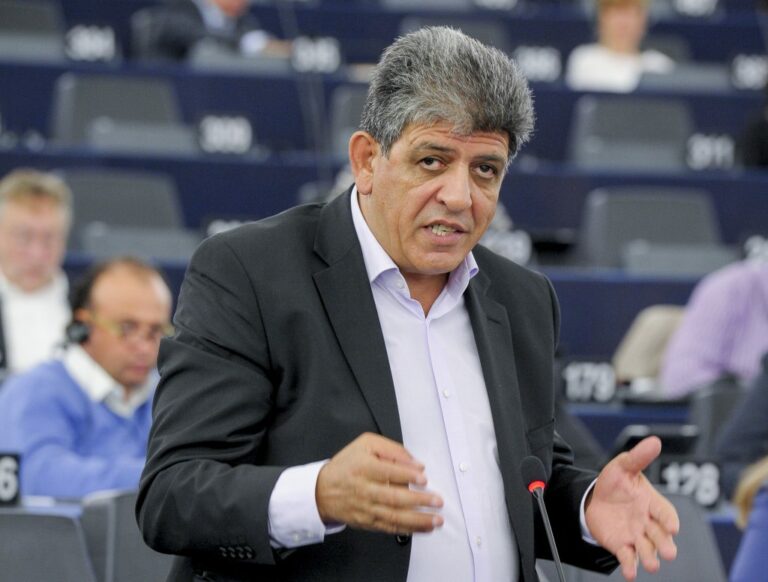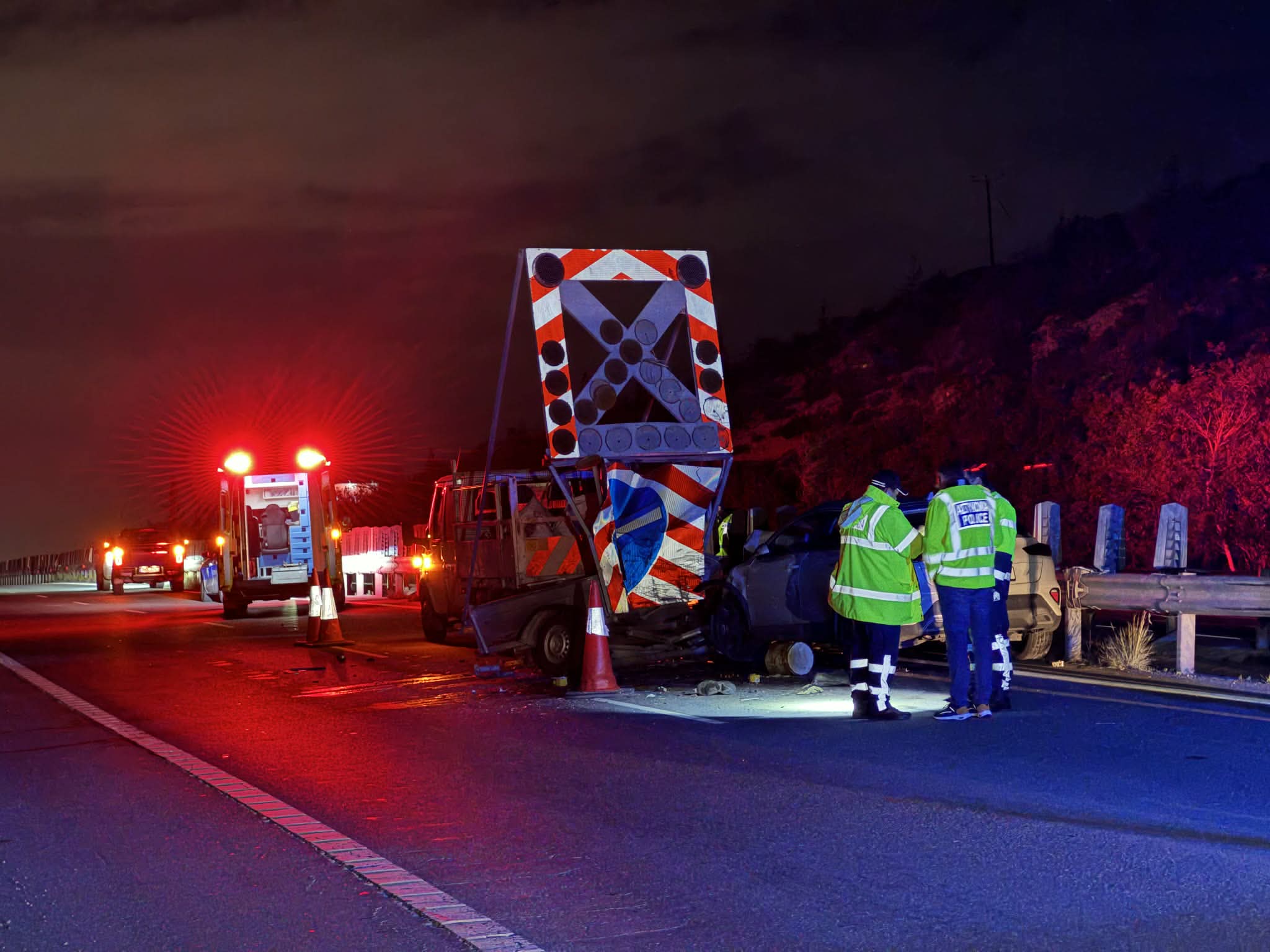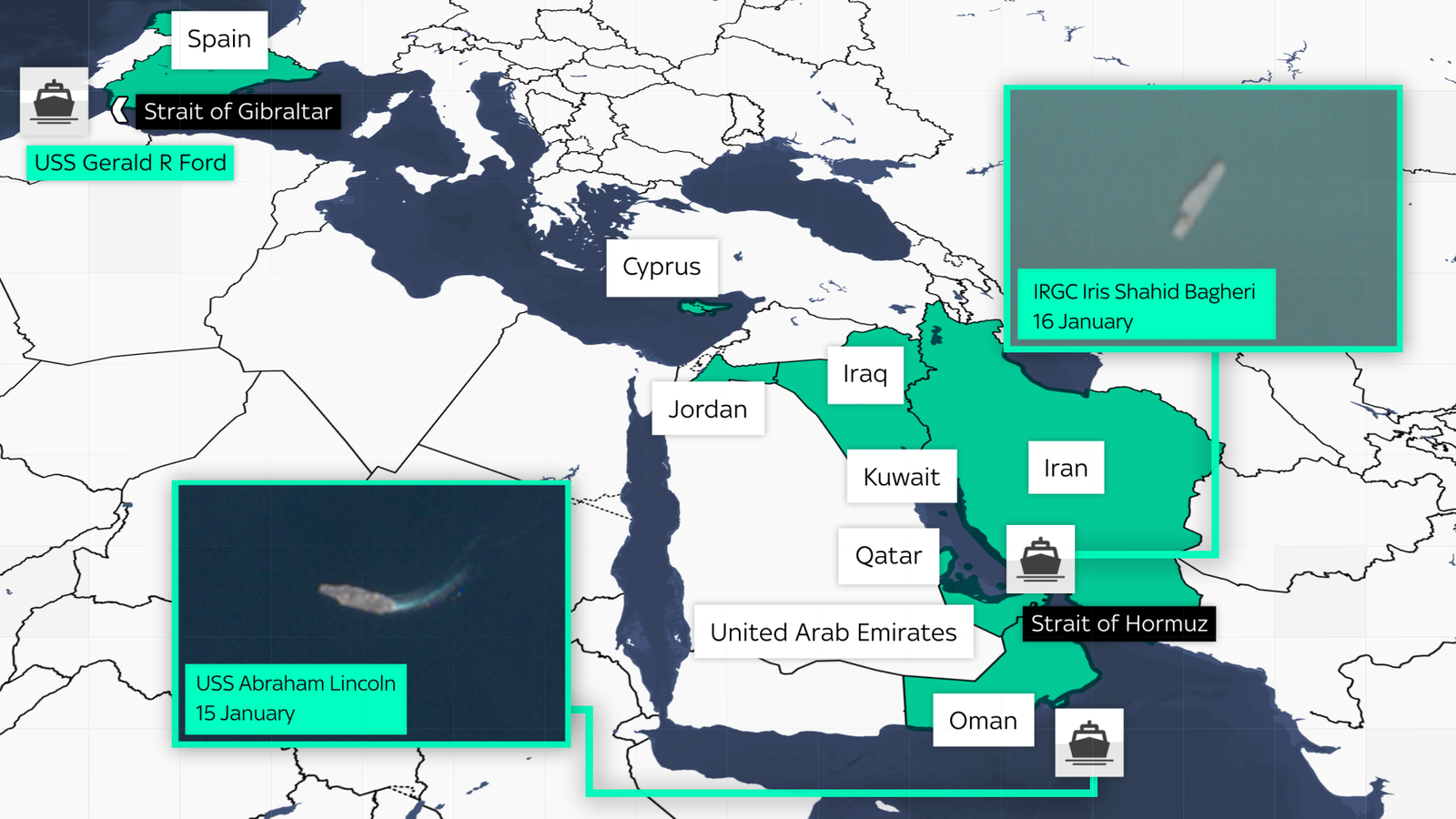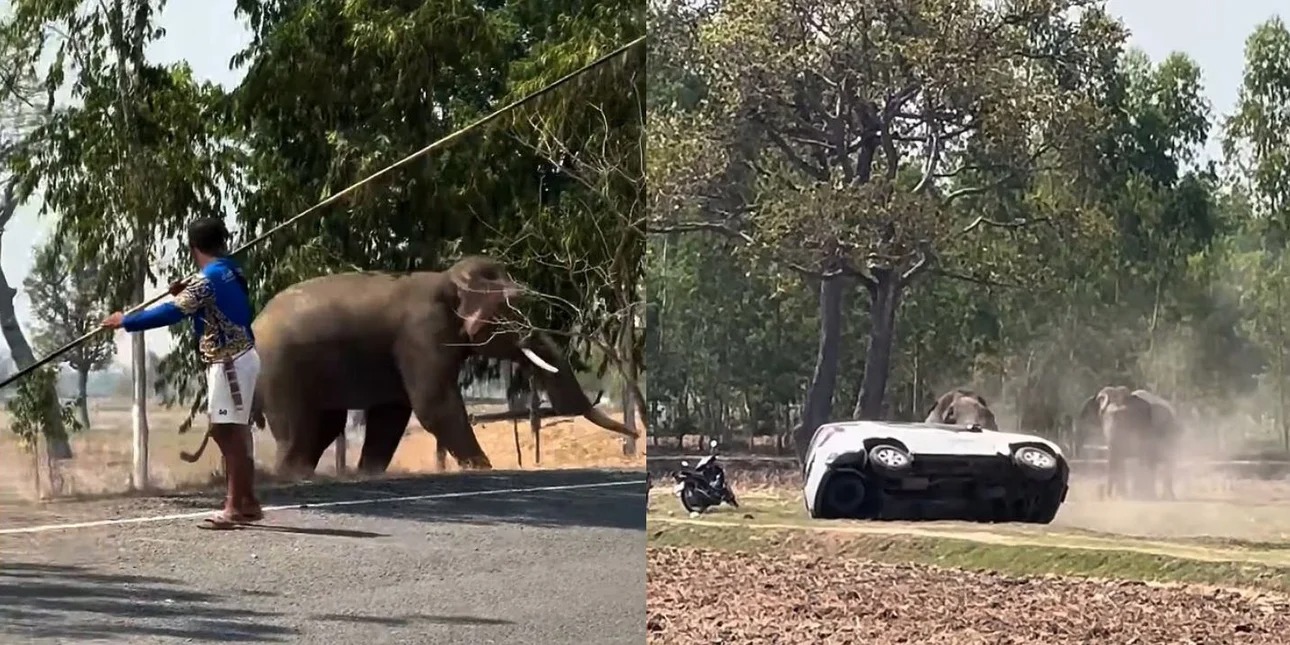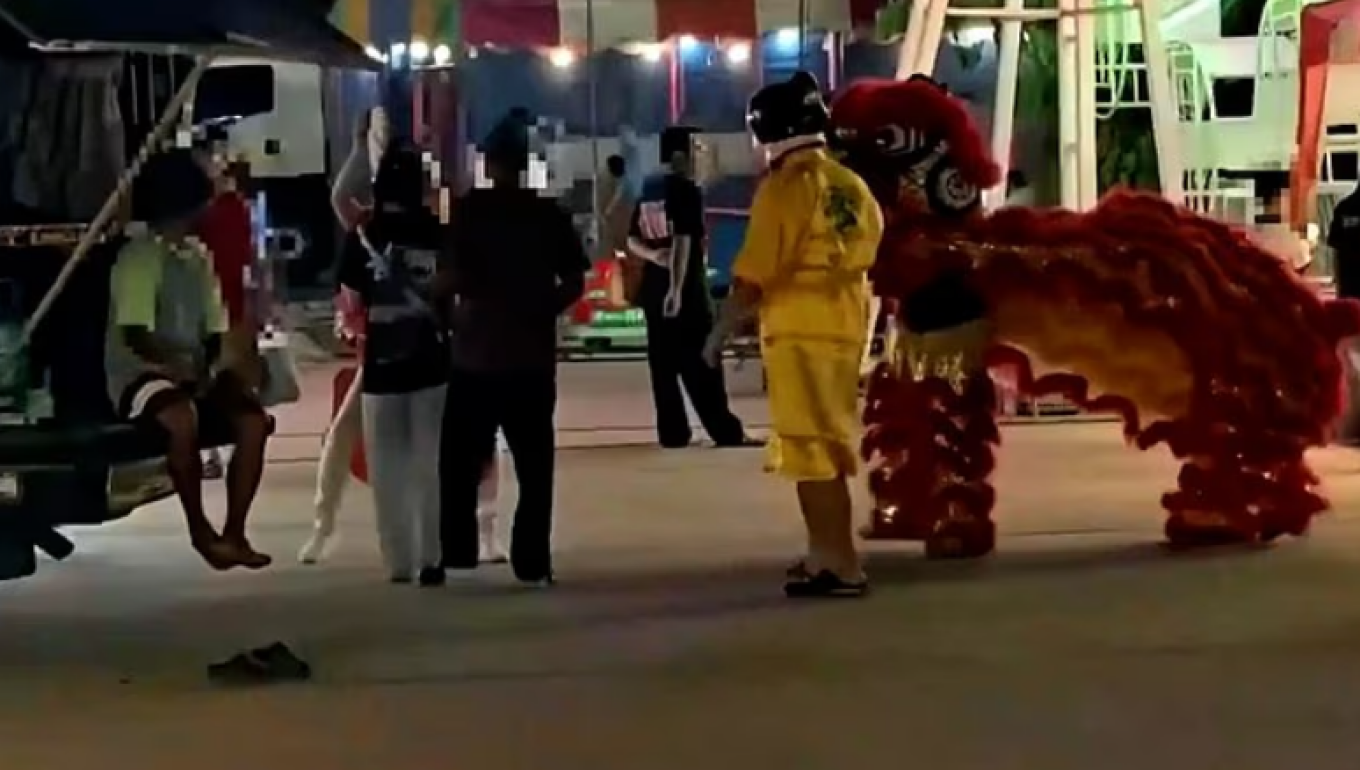Cypriot MEP Neoklis Sylikiotis has proposed the establishment of a European mechanism to protect whistle blowers who offer information regarding violation of the EU legal framework. Sylikiotis, who is a member of the European Parliament’s Employment and Social Affairs Committee, told Radio Active that his proposal had been well received and is expected to go the plenary in October. The draft of the directive has already been distributed to the other members of the committee who are preparing their amendments.
“We are proposing to expand the directive to labour laws and to widen the definition of whistle blowers to cover employees,” said the AKEL MEP who is a member of the Confederal Group of the European United Left – Nordic Green Left.
He said that he is proposing that employees and journalists who give information will be protected. The aim is to establish a mechanism that will hold people in public office accountable. The directive will be expanded to cover public and semi public organisations.
Another aim is for the whistle blower to be kept informed on developments regarding the issue he has reported. With everything happening in Europe at present, it is essential to set up such a mechanism and to protect whistle blowers so that there is more transparency and accountability, he said.
The following six basic principles will apply as regards whistle blowers:
– Expanding the directive to labour laws
– Expanding the definition of who can be called a whistle blower – if it is only an employee at a company or whether it can be a journalist or a family member
– The establishment of a European mechanism to protect whistle blowers
– Scrapping the compulsory hierarchy in submitting a charge (that is for a whistle blower to be able to go directly to the competent authorities or the mass media)
– Safeguarding the anonymity of the whistle blower if that person so desires
– Extending the directive to cover public and semi-public organisations
The amendments that have been submitted point to general consensus among parliamentary groups on issues such as the need to build trust among whistle blowers, cover labour issues and extend it to public and semi-public organisations.
The consultation process is already under way among the parliamentary groups with a vote expected in the committee on September 24.
Edited by Bouli Hadjioannou

